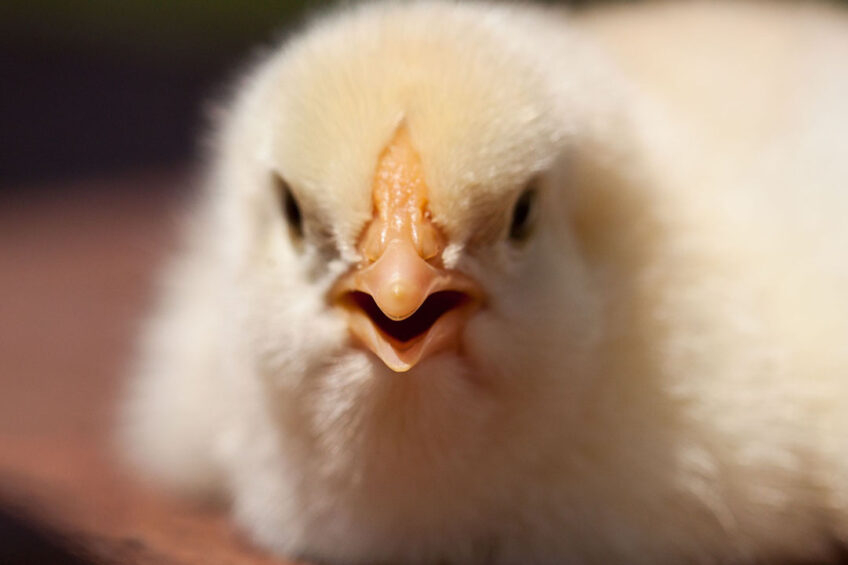June 18, 2025 | 18:22 GMT +7
June 18, 2025 | 18:22 GMT +7
Hotline: 0913.378.918
June 18, 2025 | 18:22 GMT +7
Hotline: 0913.378.918
Researchers therefore conducted a study geared towards compiling a dataset of chickens that were both healthy and unhealthy based on sounds.

The research paper ‘Enhancing poultry health management through machine learning-based analysis of vocalization signals dataset’ was published on Science Direct. Photo: Canva
Individual physiological, physical and behavioural symptoms in poultry, such as fever-induced increases in body temperature, abnormal vocalisation due to respiratory conditions, and abnormal behaviour due to pathogenic infections, frequently represent the health status of the animal. When birds have respiratory problems, they make strange noises like coughing and snoring.
Researchers from the College of Computing and Communication Studies at Bowen University, Nigeria, carried out a study that was geared towards compiling a dataset of chickens that were both healthy and unhealthy.
A total of 100 day-old birds were split into 2 groups at the poultry research farm at Bowen University. The first group of birds received treatment for respiratory illnesses, whereas the second did not. After that, the birds were separated and caged in a monitored environment.
To eliminate extraneous sounds and background noise that might affect the analysis, microphones were set a reasonable distance away from the birds. The data was gathered using 24-bit samples at 96 kHz.
For 65 days, 3 times per day (morning, afternoon and night), audio data was collected. Food and water were provided constantly but after 30 days, the untreated group started to sound sick with respiratory issues. The information was also noted as being unhealthy. The chickens’ audio signals were recorded, saved in MA4, and afterwards converted to WAV format.
The dataset’s creation is intended to aid in the design of smart technologies capable of early detection and monitoring of the status of birds in poultry farms in a continuous, non-invasive and automated way.
(PW)

(VAN) Extensive licensing requirements raise concerns about intellectual property theft.

(VAN) As of Friday, a salmonella outbreak linked to a California egg producer had sickened at least 79 people. Of the infected people, 21 hospitalizations were reported, U.S. health officials said.

(VAN) With the war ongoing, many Ukrainian farmers and rural farming families face limited access to their land due to mines and lack the financial resources to purchase needed agricultural inputs.

(VAN) Vikas Rambal has quietly built a $5 billion business empire in manufacturing, property and solar, and catapulted onto the Rich List.

(VAN) Available cropland now at less than five percent, according to latest geospatial assessment from FAO and UNOSAT.

(VAN) Alt Carbon has raised $12 million in a seed round as it plans to scale its carbon dioxide removal work in the South Asian nation.

(VAN) Attempts to bring down the price of the Japanese staple have had little effect amid a cost-of-living crisis.